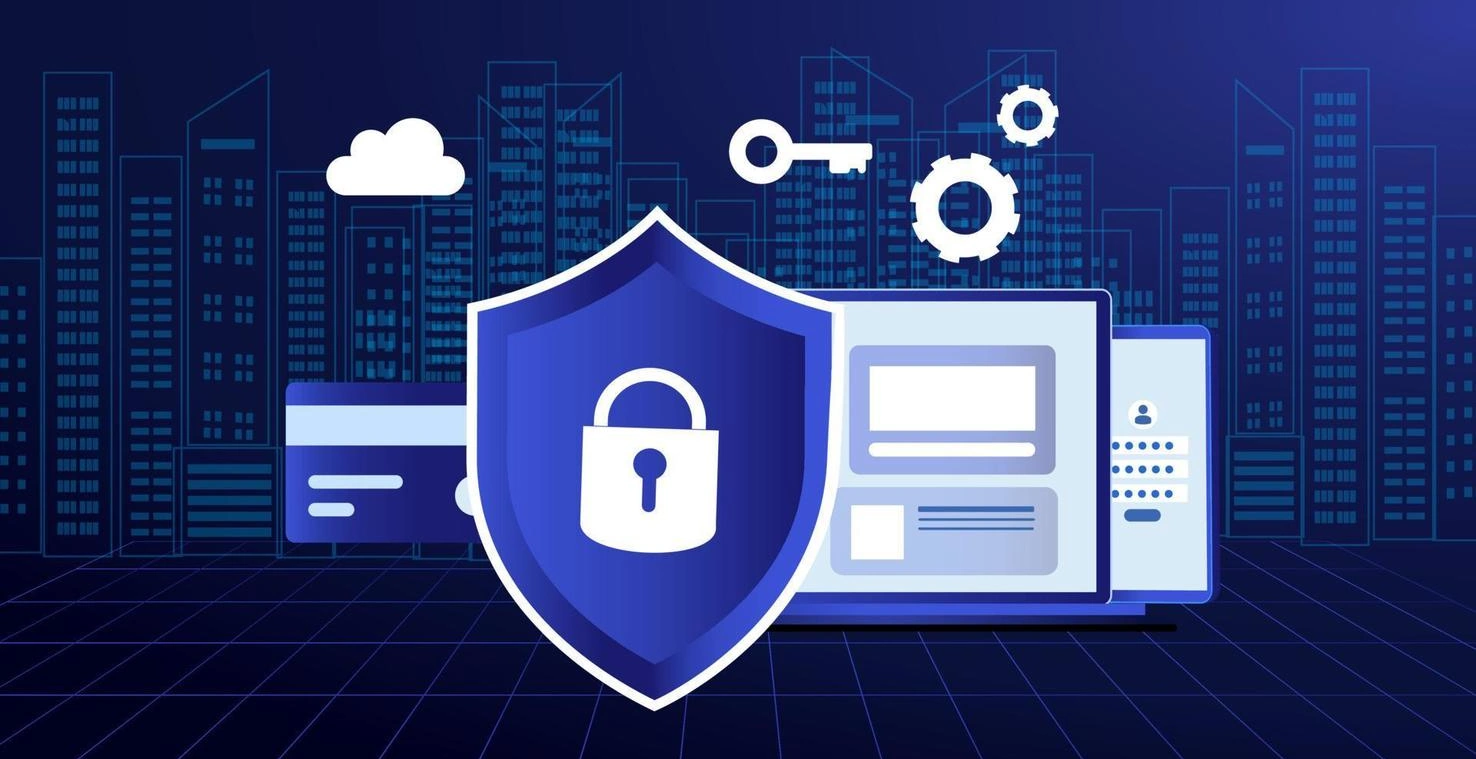Cybersecurity is an important aspect and necessity of any website. Websites serve as the online presence and are prime targets for cybercriminals. Regular security scans, such as those offered by tools like Netumo’s security scan, play a critical role in safeguarding websites. This article explores why such security scans are vital to ensuring a website’s security and how they help in identifying and mitigating vulnerabilities.
Why Regular Security Scans are Crucial
1. Detection of Vulnerabilities: Websites are complex platforms built with numerous components, including third-party services, plugins and custom-coded elements. Each component potentially harbors security vulnerabilities that could be exploited by attackers. Regular security scanning helps identify these vulnerabilities, even as new ones emerge or as the website updates and evolves.
2. Maintaining Compliance: Various industries are governed by strict regulatory requirements concerning data protection, such as GDPR in Europe and HIPAA in the United States. Regular security scans ensure compliance by checking that the website meets the latest security standards and protocols, thereby avoiding hefty fines and legal issues.
3. Enhancing Trust and Credibility: When users feel confident that a website is secure, they are more likely to engage with it without reservations. Regular scanning and visible security measures enhance a site’s credibility. Displaying a security badge from a scan can reassure visitors, potentially increasing traffic and conversions.
4. Prevention of Data Breaches: A data breach can be devastating, leading to loss of sensitive information, financial penalties, and significant damage to reputation. By identifying and addressing vulnerabilities before they can be exploited, regular security scans significantly reduce the risk of breaches. Similarly brand reputation is at stake. In the unfortunate event a website gets hacked, the bad reputation one can get might take months if not years to repair.
How Netumo’s Security Scan Enhances Website Safety
Netumo’s security scan tool is an example of how web administrators and ownsers can maintain vigilant cybersecurity lookout. It provides a comprehensive assessment of a website’s security posture by scanning for known vulnerabilities and weak configurations. Here’s how it benefits users:
1. Comprehensive Scanning: Netumo scans for a wide range of vulnerabilities, including SQL injection, cross-site scripting (XSS), and outdated software components. It checks for outdated plugins and ensures that security settings on web servers and other infrastructure are optimally configured.
2. User-Friendly Reports: After scanning, Netumo provides detailed reports that categorize vulnerabilities based on their severity. This makes it easier for web administrators to prioritize which issues to address first. The reports often include recommendations for remediation, simplifying the process of securing the website.
3. Continuous Monitoring: Netumo offers continuous monitoring services, for your uptime. Continuous monitoring ensures that if a website suffers any issues or attacks you are the first to know.
In conclusion, regular security scans are indispensable for modern websites. Tools like Netumo’s security scan provide a robust solution for detecting vulnerabilities, maintaining compliance, enhancing user trust, and preventing data breaches. Investing in regular security checks is not just about avoiding negative outcomes—it’s about actively promoting a secure, trustworthy online presence that benefits both the website owners and their users. For anyone running a website, embracing these tools is a proactive step toward comprehensive cybersecurity.



